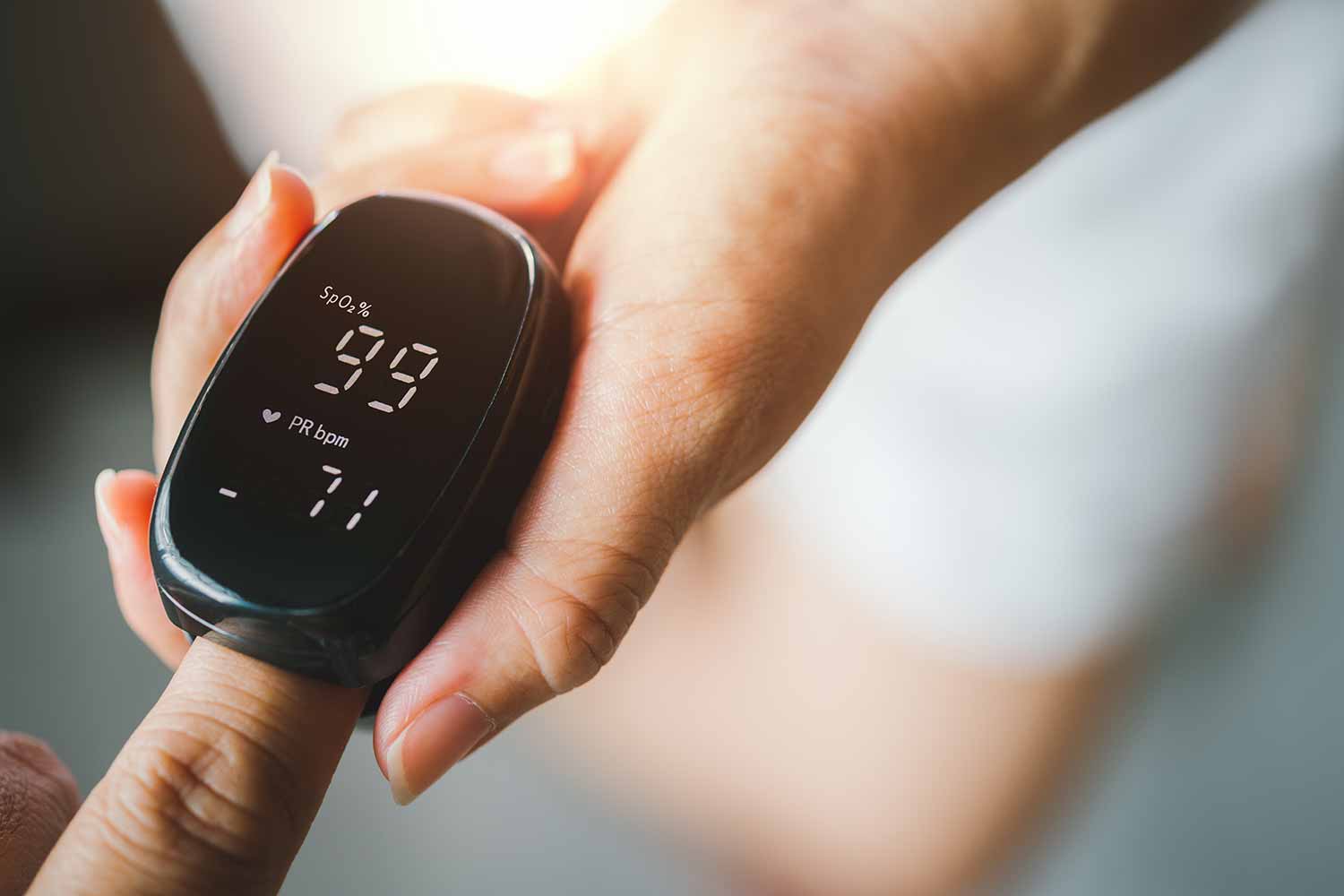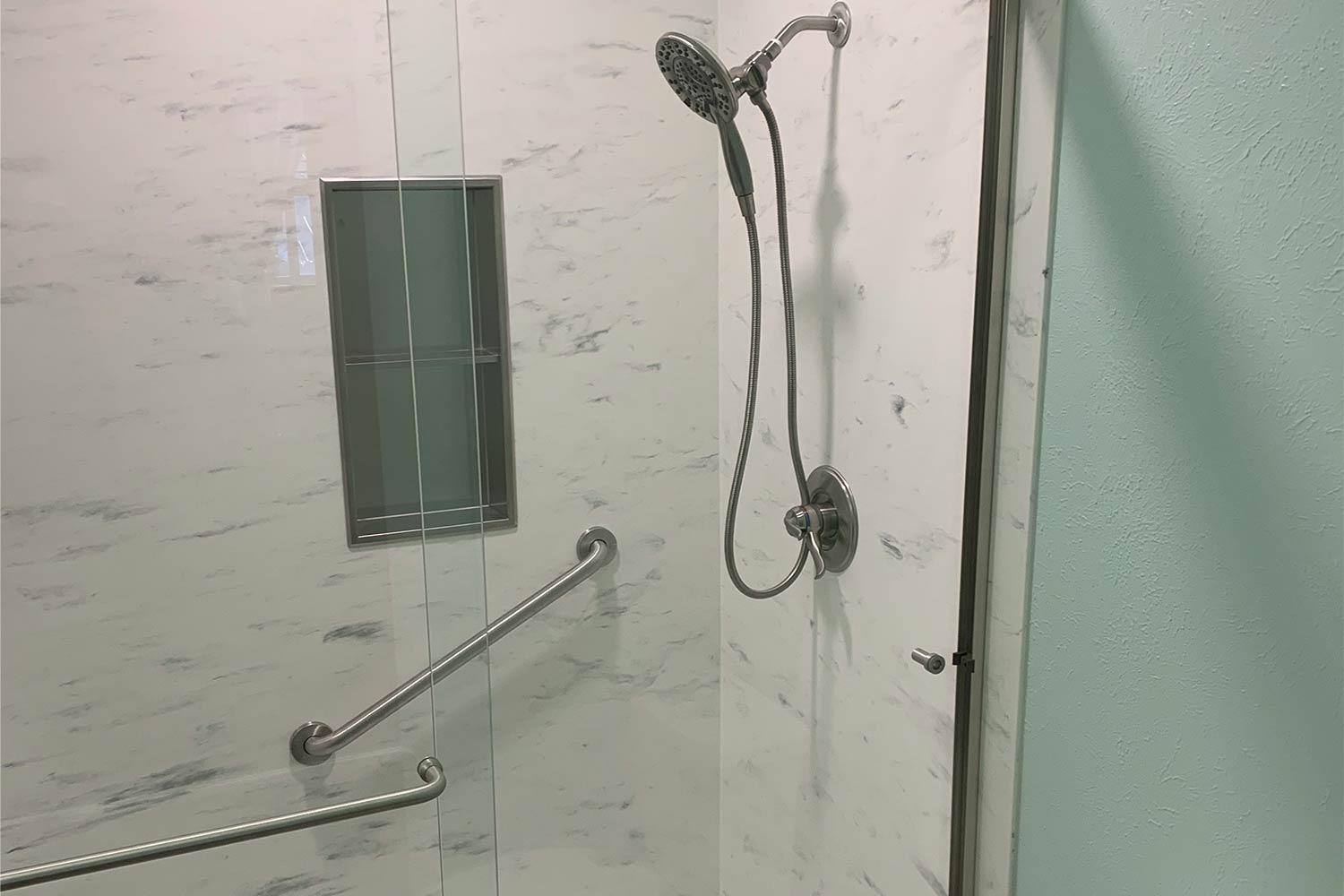Calgary is a city built on the promise of openness. Open skies. Open spaces. Open…

Smart Home Health: Integrating Technology for Better Living
The integration of technology into our daily lives has transformed the way we approach healthcare and wellness. Smart home health solutions leverage cutting-edge technology to create environments that promote better living, improve health outcomes, and enhance overall well-being. From remote monitoring to personalized care, smart home health systems offer a range of benefits that empower individuals to take control of their health and live more independently. In this blog, we’ll explore the concept of smart home health and how it’s revolutionizing the way we experience healthcare at home.
1. Remote Health Monitoring
One of the key advantages of smart home health systems is remote health monitoring. These systems utilize connected devices, such as wearable sensors, smart scales, blood pressure monitors, and glucose meters, to track vital health metrics in real time. By collecting and analyzing data, caregivers and healthcare providers can remotely monitor a person’s health status, detect early warning signs, and intervene proactively when necessary. Remote health monitoring enables individuals to manage chronic conditions more effectively and reduces the need for frequent clinic visits.
2. Personalized Health Management
Smart home health systems offer personalized health management solutions tailored to individual needs and goals. Advanced algorithms and artificial intelligence (AI) analyze health data to generate personalized recommendations for diet, exercise, medication adherence, and lifestyle modifications. These personalized insights empower individuals to make informed decisions about their health, optimize their wellness routines, and achieve better health outcomes.
3. Medication Management
Medication management is a critical aspect of healthcare, especially for individuals with complex medication regimens. Smart home health systems incorporate medication reminders, pill dispensers, and medication tracking tools to ensure adherence to prescribed medications. Automated reminders and alerts help individuals take their medications on time, avoid missed doses, and prevent medication errors. Medication management features promote medication safety and improve treatment adherence, leading to better health outcomes.
4. Fall Detection and Emergency Response
Fall detection and emergency response capabilities are essential components of smart home health systems, especially for older adults and individuals with mobility challenges. Smart sensors, motion detectors, and wearable devices can detect falls or unusual activity patterns and automatically alert caregivers or emergency responders. These systems provide peace of mind to individuals and their families, knowing that help is readily available in case of emergencies.
5. Environmental Monitoring and Safety
Smart home health systems also include environmental monitoring and safety features to ensure a safe and healthy living environment. These systems can detect environmental hazards such as smoke, carbon monoxide, water leaks, and temperature fluctuations, alerting residents to potential risks. Additionally, smart home security systems integrate with health monitoring devices to provide comprehensive safety and security for occupants.
6. Telehealth and Virtual Care
Telehealth and virtual care platforms are integral components of smart home health systems, enabling remote consultations, telemedicine visits, and virtual care services. Through video conferencing, secure messaging, and digital health records, individuals can access healthcare professionals from the comfort of their homes. Telehealth services improve access to care, reduce healthcare costs, and facilitate ongoing communication between patients and providers.
Conclusion
Smart home health solutions represent the future of healthcare, offering a holistic approach to wellness and better living. By integrating technology into our homes, we can monitor health in real time, personalize care plans, manage medications effectively, detect emergencies, ensure environmental safety, and access virtual care services. Smart home health systems empower individuals to take charge of their health, stay connected to healthcare providers, and live more independently with confidence and peace of mind.



